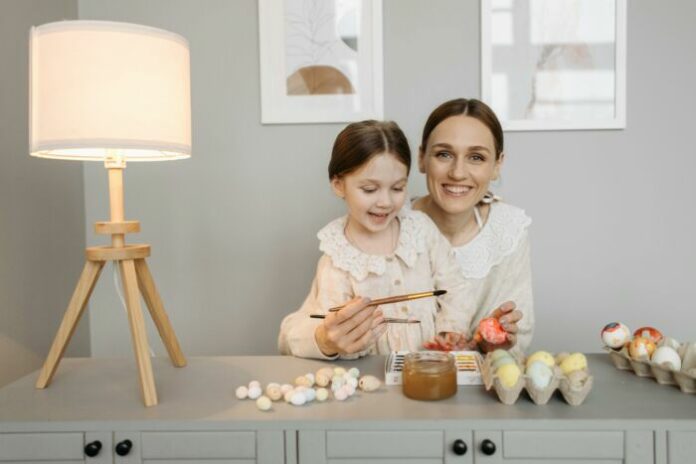
Ahead of the holiday, the Italian Society of Preventive and Social Pediatrics (Sipps) provides some general advice valid for the entire developmental age, taking its cue from the term ‘PASQUA’ (i.e. EASTER) itself.
P for ‘Prevention’: Prevention, with which words such as ‘prudence’ and ‘protection’ can be associated by affinity, is always a must on vacation. It does not mean restriction of freedom but simply ensuring that one has under control, as far as possible, every element or condition of risk. One can keep, for example, the medication handbook when planning a trip, or planning a vacation or excursion and paying attention to the health and hygiene of the child.
A for ‘Nutrition’: “Some transgression at the table is to be expected, if not even inevitable- stresses Piercarlo Salari, pediatrician in charge of the Sipps parenting support group- but it does not justify a subversion of good habits, starting with keeping meals as regular as possible, avoiding binges and excesses, and the sleep/wake rhythm.
It should be remembered, for example, that some regional dishes typical of the Easter season, although appreciated by adults, can unnecessarily overload children’s digestion and caloric intake. Similar considerations apply to sweets: it is difficult to impose limits on children, but it may be useful to remember, and not only for the little ones, that a slice of dove, especially if stuffed, can reach 500 calories and that as many are contained in 100 grams of chocolate. In this regard, it should be pointed out that from a nutritional point of view, dark chocolate with a high percentage of cocoa would be preferable. A good indication would be to increase exercise opportunities in parallel, for example, compensating for a large meal with a long walk, an outing or an afternoon of outdoor play.”
S for ‘Safety’: Safety is complementary to prevention, of which it can perhaps be considered the best practical translation. Safety means, for example, making the child who wants to practice a play or sports activity wear the right protective gear, worrying about appropriate clothing in the case of an outing or vacation, all the more so if in the mountains, but also paying attention to any younger siblings, should the surprise of the Easter egg pose a risk to them. For the safety of children and teens, both at home and away from home, Sipps has published a practical guide for families, which parents can consult and download for free: “Mom, Dad…Are You Protecting Me? A Guide to Accident Prevention and Life-Saving Maneuvers.”
Q for ‘Notebooks’: The Easter season is a time of rest and it is right for children to experience it freely, but it does not justify the complete abandonment of school commitments.
Regardless of the understanding of teachers, who are not always lenient in imparting the classic vacation homework, it is always good to carve out space each day to avoid finding yourself doing it just before the return or to keep yourself in practice, especially in view of questions and tests already scheduled when classes resume.
U for ‘Olive Tree’: Never as in recent times has peace perhaps been desired and perceived as a value to be safeguarded. Unfortunately, every day much of the television reports propose scenes of war and uncomforting news, which should not concern children but unfortunately involve them as the first innocent and defenseless victims. Therefore, Easter should stimulate families to seriously reflect on what is happening just a few thousand kilometers away and on the important contribution that each person, already starting from his or her own home, can make to the world, maturing the awareness that society is a concrete reality, made up of individuals whose responsibility it is to make choices.
A for ‘Allergies’: “For allergic children, spring is usually the season most burdened with complaints, including in particular lacrimation, nasal discharge, itchy mucous membranes and/or difficulty breathing. Disorders that not only limit daily life and social relationships but also affect sleep quality, mood and cognitive sphere. This is not the place to delve into a rather complex and heterogeneous topic-explains Sipps president Giuseppe Di Mauro-but it is appropriate to remind parents of the greater likelihood that a child may also unintentionally consume foods or components to which he or she is sensitized, and the importance of scrupulously following the pediatrician’s instructions: emblematic is the case of an asthmatic child, who must follow the prescribed therapy even, and especially, during periods of apparent well-being and not only at the manifestation of a crisis.”






































